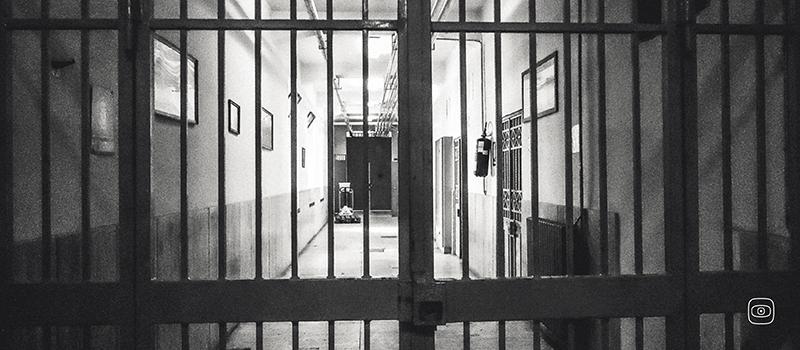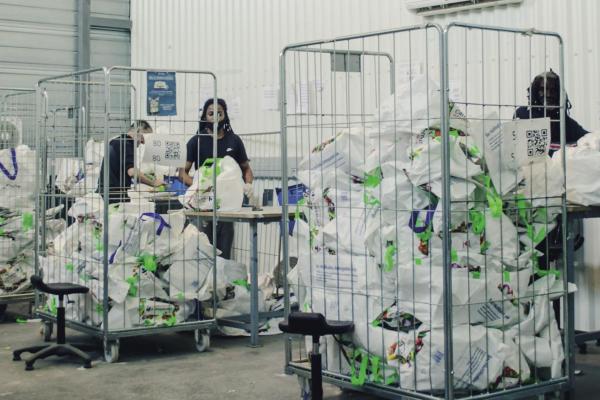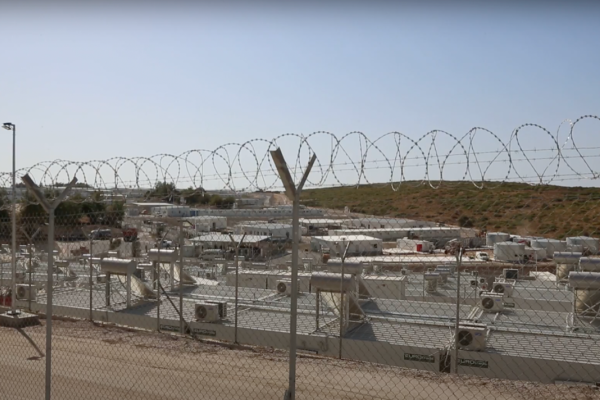Despite the vast distance separating Liguria and Catalonia, the conditions faced by those who pass through their prison gates are remarkably similar. Both regions, situated along the Mediterranean Sea, impose conditions on detainees that extend well beyond the mere deprivation of liberty. These factors, in some cases, drive prisoners to take their own lives. In 2024, Liguria and Catalonia reported the highest suicide rates in their respective countries.
There are numerous factors that impact the well-being of inmates within prisons. Among these factors, overcrowding is a significant issue that results in a shortage of personnel in the medical, caregiving, and penal sectors, as well as a lack of attention to procedures, among other effects.
In this bleak panorama, two common denominators emerge forcefully: the lack of social visits available to inmates and the inadequate medical attention provided to them.
In Catalonia, most of the inmates who died by suicide between 2018 and 2023 had spent time in solitary confinement during the previous six months. In Liguria, migrants with minor offences experience a suspension of social and family visits due to a higher number of procedures upon their arrival in prison, a period identified by science as one of heightened psychological vulnerability.
Our investigative team conducted an analysis of data collected from civil organisations dedicated to the protection of detainees to verify what happens inside prisons. This data was compared with testimonies from prisoners, lawyers, family members of prisoners, and health and non-health prison staff.
Photo credit: Film still from the web-doc Inside Carceri, by Antigone and Next New Media.






